It’s election season in Nigeria, but where are the women?
Ahead of Nigeria’s presidential elections on 16 February, UN Women and partners have been training women candidates, documenting political violence and advocating for measures to boost women’s low representation in Parliament.Date:
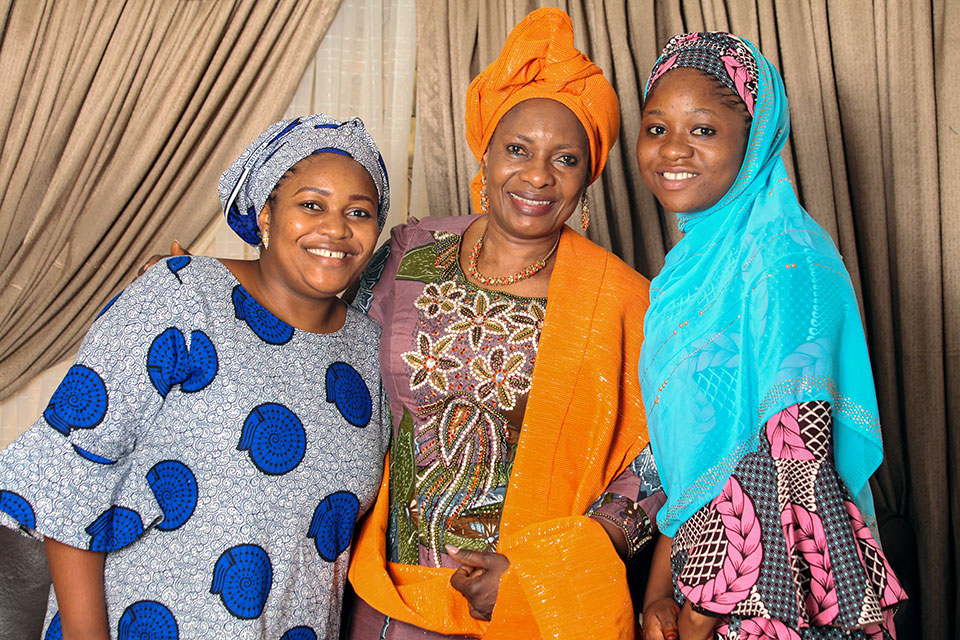
Pauline Tallen began her political career as one of the first female councillors in her community, in north-central part of Nigeria, mobilizing women to form Councils of Women Societies in local government in the 1980s. In 1999, she was appointed Minister for Science and Technology—the first woman appointed in that capacity—and in 2007 she was nominated Deputy Governor of Plateau—also the first woman to hold that position.
- Women’s representation in the House of Representatives 5.5%;
- In the Senate: 5.8%
- 5 out of 73 candidates running for President in 2019 are women.
- 1668 men and 232 women are vying for 109 senatorial seats.
- 4,139 men and 560 women are competing for 360 seats in the House of Representatives.[1]
The capacity-building training offered by UN Women to boost women’s leadership and political participation in Nigeria helped Tallen then, as it’s helping female aspirants today.
“I advise [young women] to believe in themselves,” says Tallen, adding, “Be prepared because it’s not easy.”
Not easy indeed. Three decades have passed since Tallen joined politics, but the state of women’s political participation in Nigeria remains abysmally low, with less than 6 per cent women in the Parliament. Today, Nigeria has one of the lowest rates of female representation in parliament across Africa, and globally, ranks 181st out of 193 countries, according to the International Parliamentary Union.
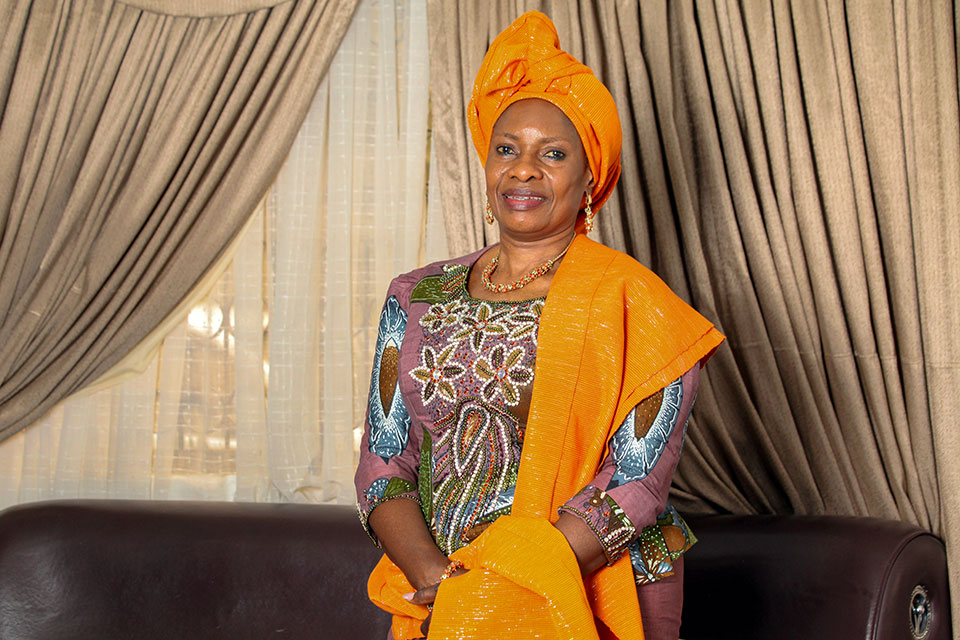
“We have a whole lot of women across Nigeria that can do so much better than what we are offered now,” explains Joy Ada Onyesoh, National Coordinator of Nigeria’s Women Situation Room and Country Director for the Women’s International League for Peace and Freedom (WILPF). “The issue is that we are not given the opportunity… [Men] feel women are meant to be seen and not heard.”
Since 2006, Nigeria’s National Gender Policy highlights women’s right to equality in economic, social and political life, with provisions to increase women in elected and appointed positions to 35 per cent—but that hasn’t happened.
“There have been so many protocols, conventions, amendments of the Nigerian Constitution, which support providing a quota system, but in reality, women are excluded in politics,” says Blessing Obidiegwu, Head of the Gender Division for the Independent National Electoral Commission. “Such problems as patriarchy, violence in elections and their economic situation serve as barriers to women’s participation.”

In 2016, a Gender and Equal Opportunities Bill was tabled, calling for the adoption of Temporary Special Measures to eliminate discrimination in political and public life. UN Women supported the Bill’s passage in five States (Anambra, Ekiti, Imo, Kogi and Plateau) and is currently advocating, alongside partners, for its adoption at the National Assembly.
The Women Situation Room Nigeria, set up by a coalition of women’s organizations working to expand women’s participation in politics year-round, has been monitoring the situation ahead of the upcoming elections (in February) through a toll-free hotline and coordinators spread across Nigeria’s 36 states. WILPF and UN Women are also collecting stories and data to build a database to document gender-based violence during the recent primaries, where several cases of intimidation and harassment of women were reported, and some women aspirants who got the party ticket, were forced to step down.
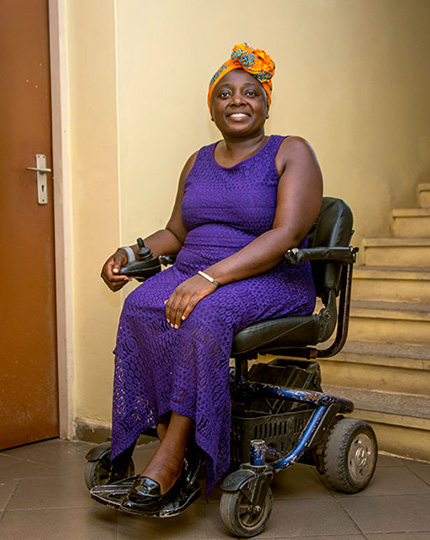
“If you look at the female leaders across political parties, most of them do not have a clear-cut budget or an office space, says Onyesoh. “There is an enormous level of violence against women in politics.”
UN Women has been training and mentoring female candidates and working with the Independent National Electoral Commission to ensure more gender-responsive electoral administration systems, encouraging political parties to adopt women-friendly internal governance policies, supporting local partners on legislative advocacy and election monitoring, as well as data-gathering and knowledge-sharing.
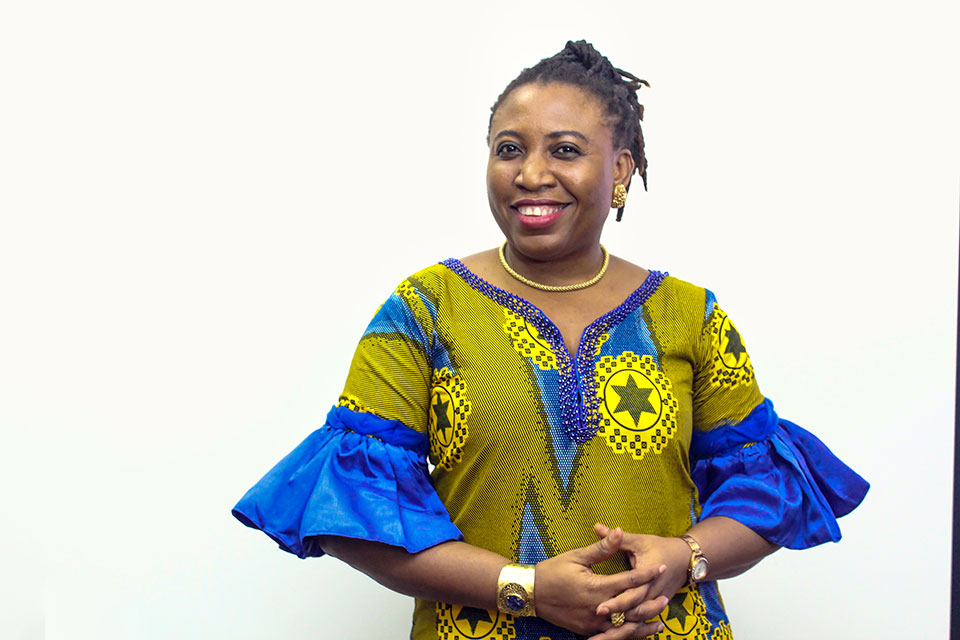
In 2018, UN Women trained 50 young women, with three of them ultimately winning their parties’ nomination as candidates in September 2018. Among them is 26-year-old Zainab Sulaiman Umar, who decided to seek a seat in the Kumbotso Constituency for the Kano State House of Assembly.
“I found out that in my constituency there has been no female representative,” she says. “I went in, so I can pave the way for other women to participate.” It was no easy task, as Umar had to contend with financial constraints, insecurity and violence. She was physically attacked while campaigning.
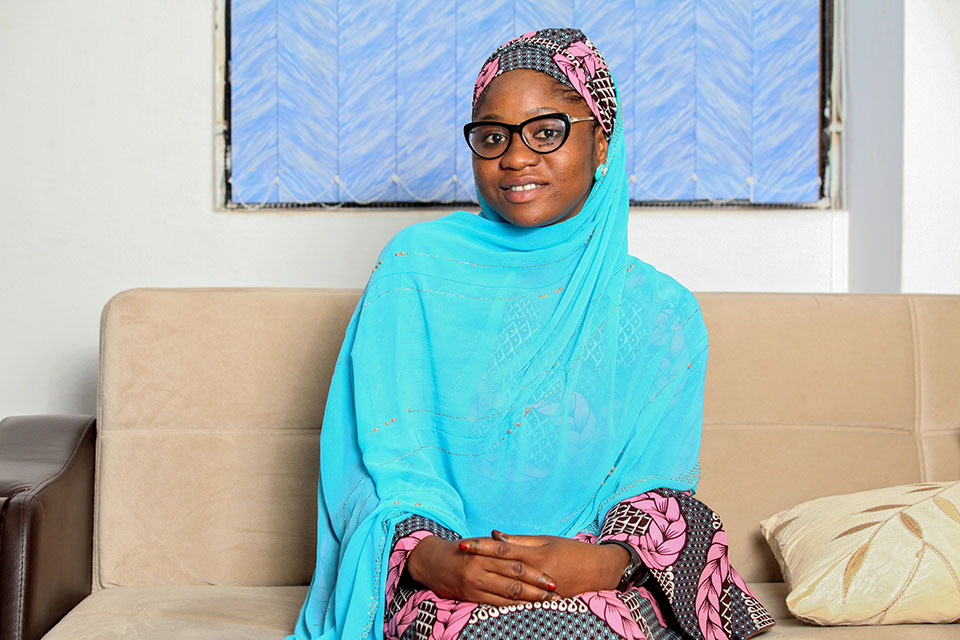
Another youth candidate, 30-year-old Chika Kumle, who is running for State House of Assembly Elections, Pankshin South Constituency, Plateau State House of Assembly, credits the training for improving her approach: “The training increased my knowledge on the use of the media, setting up a good campaign plan and a good communication strategy that will effectively communicate my message and ideas to the electorate.”
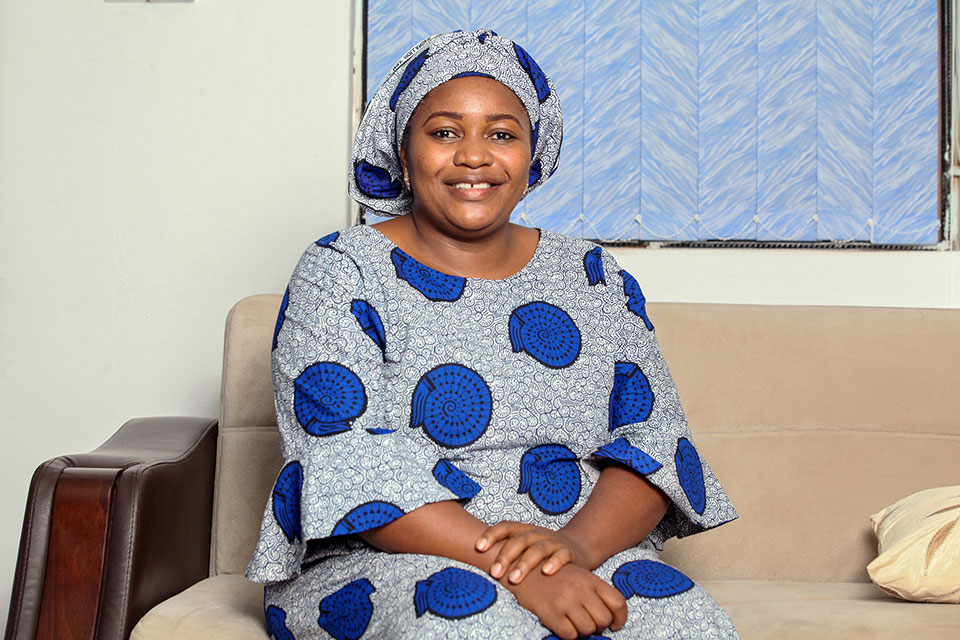
"For UN Women, women’s political empowerment programme is an essential part of our efforts to support the Government of Nigeria to achieve the Sustainable Development Goals, particularly Goal 5 on gender equality,” said Comfort Lamptey, UN Women Representative in Nigeria, about the regional programme funded by the Government of Canada. “It is also an important avenue for strengthening the voice and contribution of women in decision-making.”
Going forward, the programme will support women’s political mobilization at local and community levels and continue to build their capacity to rise through the rungs of political parties. UN Women will also continue to support advocacy efforts for the adoption of a Gender and Equal Opportunities Bill that can bring in affirmative action measures for women in politics.
As the 16 February elections approach, women are hoping to see inroads, but with still relatively few candidates on the ballot, they realize their potential remains largely untapped. “A bird never flies on one wing,” reminds Joy Ada Onyesoh. “For us to have sustainable peace and development in Nigeria, we need to have men and women seated at the decision-making table.”
Notes
[1] This data is from the National Assembly of Nigeria and the list of candidates released by the INEC on 17 January, 2019.
